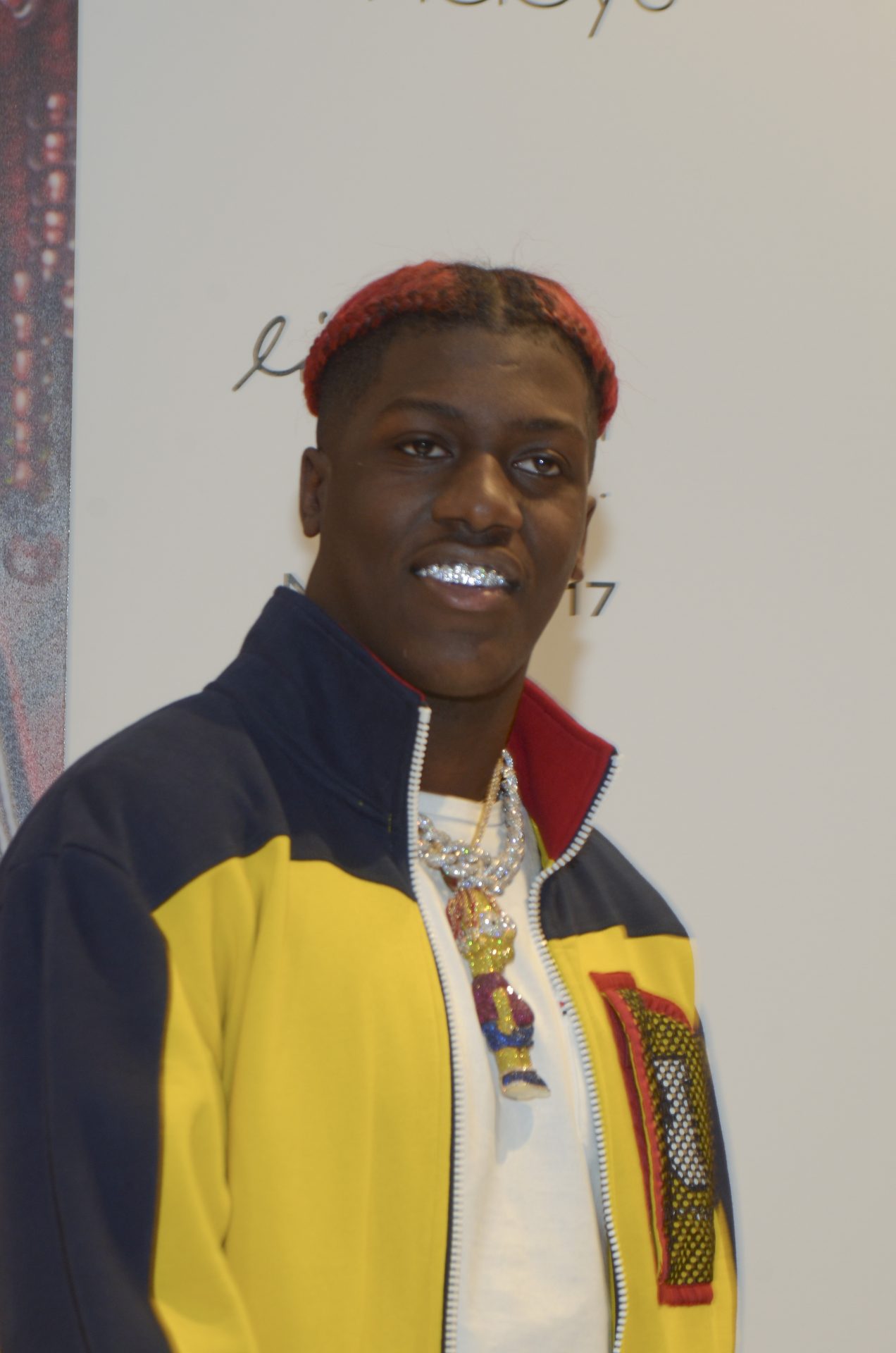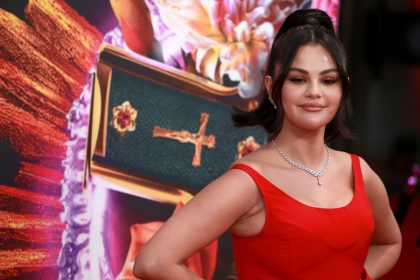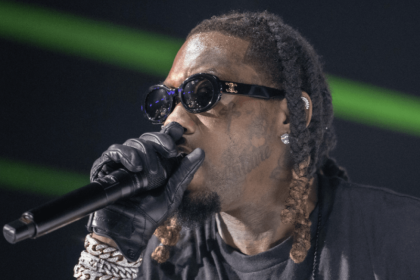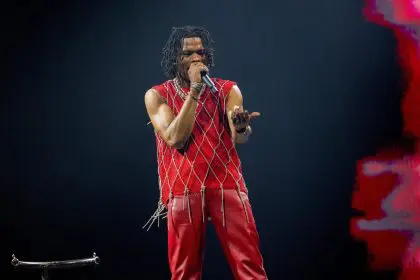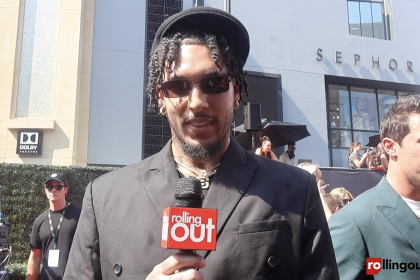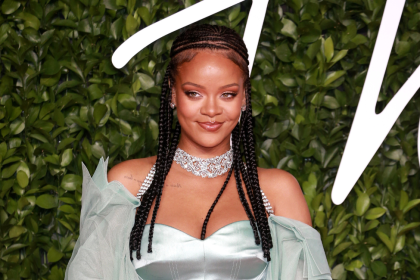The simmering tension between Karrahbooo and Lil Yachty erupted Wednesday as she released alleged evidence challenging the Atlanta rapper’s songwriting claims, adding his name to hip-hop’s long history of ghostwriting controversies.
“No hard feelings but u not finna keep lying on me,” Karrahbooo declared, sharing screenshots revealing multiple collaborators on Yachty’s “Let’s Start Here” album. The receipts showed Jacob Portrait credited on “the BLACK seminole” and Teo Halm’s work on “drive ME crazy!”
The dispute intensified when Karrahbooo shared texts showing Yachty praising her hit “Running Late,” contradicting his claims of writing her material. “Trying to hurt each other on the internet is stupid!” she stated. “I want no parts but u gone stop lying on me I’m putting my foot down young man.”
Their complex relationship adds depth to the controversy. During her DDG’s No Ordinary Podcast appearance, Karrahbooo alleged Yachty used “a whole team of writers,” while he countered on Instagram Live: “I let you live at my house for free!”
The debate echoes Drake’s seismic 2015 controversy when Meek Mill exposed Quentin Miller as a ghostwriter, leaking reference tracks for “10 Bands” that sparked industry-wide discussions about authenticity in hip-hop and led to the legendary “Back to Back” response track.
Dr. Dre has long maintained transparency about his writing process, openly crediting collaborators including Eminem’s work on “Still D.R.E.,” Jay-Z’s contribution to “The Watcher,” and Kendrick Lamar’s input on “Compton,” setting a standard for honesty about collaborative creativity in the industry.
Kanye West faced similar scrutiny when Pardison Fontaine revealed his involvement in writing “Violent Crimes,” while Drake’s contribution to “Yikes” and CyHi The Prynce’s extensive involvement across multiple projects highlighted the collaborative nature of West’s creative process.
Diddy’s career redefined industry perspectives on ghostwriting when it was revealed that The Notorious B.I.G. and Ma$e penned many of his hits, with Diddy’s open acknowledgment of the practice helping to destigmatize collaborative writing in hip-hop.
Cardi B confronted ghostwriting accusations head-on when Pardison Fontaine’s involvement in “Be Careful” came to light, defending the collaborative nature of her process while maintaining her creative control and authenticity.
Despite public tension, private messages reveal nuance. A recent exchange showed Yachty (saved as “Boaty”) texting “hey i love you,” with Karrahbooo responding “love u 2.”
Hip-hop historian Chuck “Jigsaw” Creekmur notes: “Ghostwriting accusations have evolved from career-enders to industry standard. The real issue now is transparency rather than the practice itself.”
The feud traces back to August when Karrahbooo claimed “bullying” by the Concrete Boys collective, prompting Yachty’s heated defense about her industry rise.
Industry veteran Steve Stoute observes: “Today’s hip-hop is collaborative by nature. The distinction between ghostwriting and collaboration often comes down to credit and honesty.”
As both artists navigate this public dispute, their controversy joins hip-hop’s ongoing debate about authorship and authenticity. The truth, as demonstrated by previous ghostwriting scandals, rarely fits neat categories of right and wrong.
“Hip-hop’s relationship with ghostwriting has matured,” concludes journalist Elliott Wilson. “What matters now isn’t whether artists have help, but whether they’re honest about it.”

